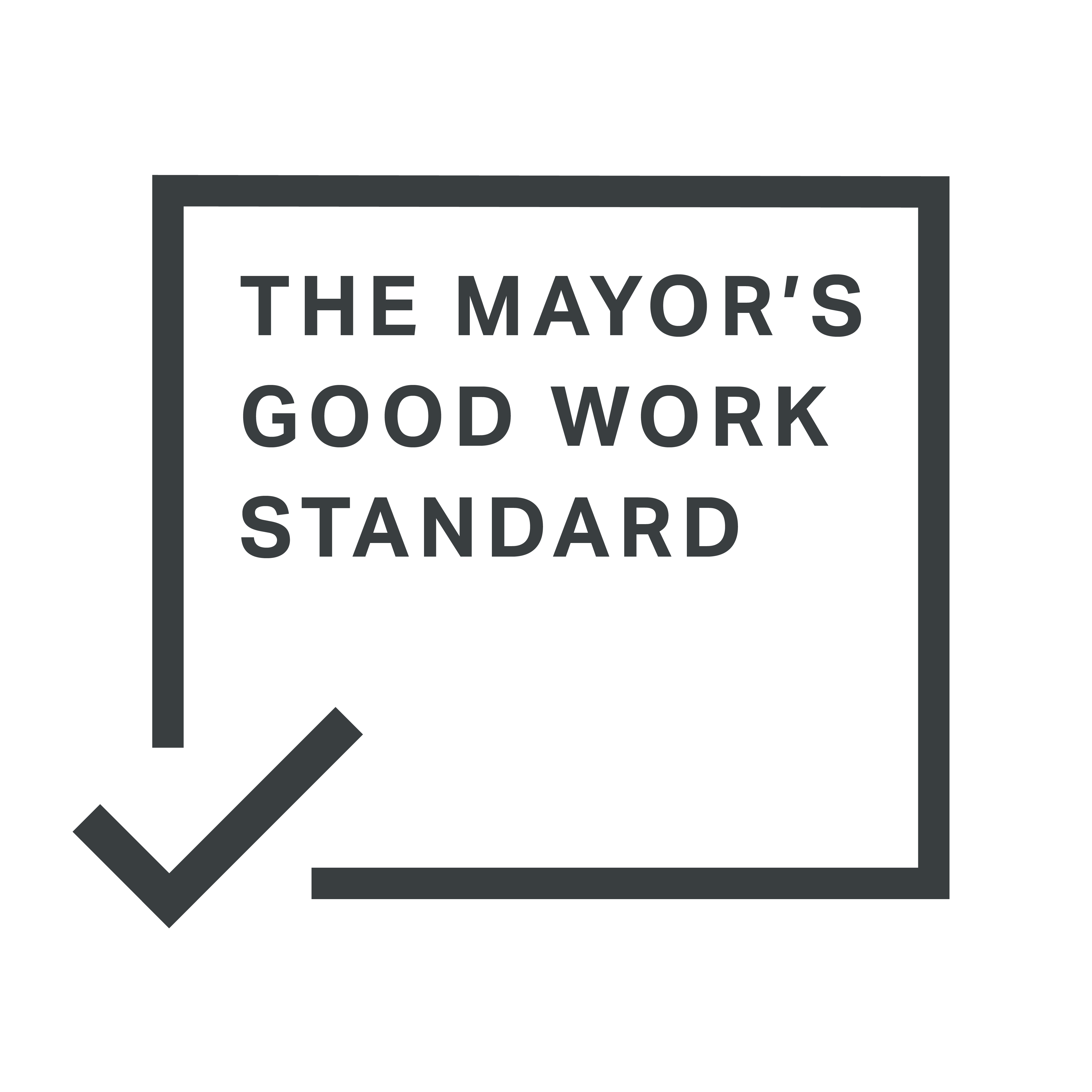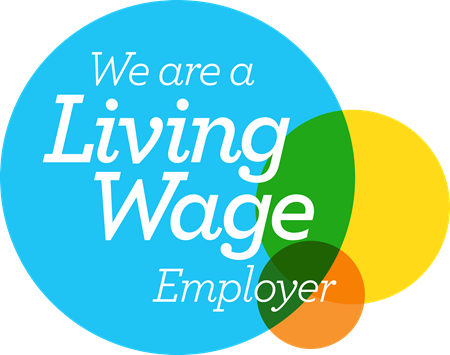TfL funding joint letter to Chancellor
06 December 2021
By email
Rt Hon Rishi Sunak MP, Chancellor of the Exchequer
HM Treasury
Dear Chancellor,
As leaders of a diverse range of businesses and organisations, we are writing to express our serious concern about the future of London’s transport. The decisions taken regarding Transport for London’s (TfL’s) funding in the coming days will have profound and long-term impacts for the UK’s economy, the achievability of the capital’s environmental targets, and the lives of individuals across the wider south east – particularly those who are most disadvantaged and whose communities are amongst those most in need of levelling up.
No world city that relies on revenue from passengers to fund its integrated transport system has weathered the pandemic without substantial additional financial support. Indeed, all comparable cities rely on significant levels of operational subsidy even in normal times. One of TfL’s successes since its creation 21 years ago was to reach the point where it was funded with no direct operational subsidy from central Government. Instead, it covered 72% of its costs with revenue from passengers – nearly twice the level of some similar cities. The pandemic set this back, but the choices taken now will determine whether this is a blip or a turning point that signals a new era of managed decline, with the constraints on UK growth and productivity that this would bring.
Despite uncertainties introduced by the pandemic, London will undoubtedly continue to need robust public transport services as part of a wider integrated network. In a city with very different patterns of car ownership to the rest of the country, public and active transport enables the poorest and most excluded to access – and provide – vital jobs, education, and services. There is insufficient space on the capital’s congested roads to rely solely on private motor vehicles. And building on recent progress to increase the proportion of journeys undertaken by public and active transport modes is an essential part of London’s plans to achieve net zero carbon emissions and clean up the toxic air which shortens the lives of thousands. In common with all regions of the UK, the city will need to invest in maintaining its ageing infrastructure and build new infrastructure to enable new technologies like electric vehicles and unlock new housing.
As such, a well-functioning transport system is fundamental not just to the lives of millions of Londoners and those travelling into London, but to the economic future of the capital. This matters to the rest of the UK. London lives up to its national responsibilities and its tax revenue rightly supports vital public services across the country. We are confident that London can get back to covering its own transport operating costs if government at all levels and stakeholders across the capital work creatively and constructively together to find solutions for the future. We recognise that achieving this – as TfL has pledged to do from 2023 onwards – will involve tough and cost-effective decisions from all involved. But whatever the long-term agreement, there is no short-term alternative to central Government support.
You will be aware that TfL recently outlined the potential impact of not reaching a sustainable deal to take TfL through to 2023/24. We appreciate the essential support that has been delivered to TfL so far, but this must continue if London is to deal with the ongoing impacts of the pandemic. Levelling down the country’s most powerful economic engine would hold back the UK’s economic recovery. Equally, the perpetual negotiation of short-term deals stifles confidence and holds back investment that would otherwise accelerate the UK’s economic recovery. As the latest deadline rapidly approaches, we urge Government to agree a sustainable deal that lasts until at least April 2023 and:
- Enables sufficiently inclusive, affordable, and frequent bus, train and Tube services so that public
transport use can increase, especially as London recovers from the pandemic and patterns of
demand change; - Incentivises efficient, safe and reliable transport services;
- Helps the capital to achieve its net zero and clean air goals;
- Provides medium-to-long-term certainty so that the capital investments London needs can be
planned and developed; and - Maintains Transport for London as an integrated transport authority with independence to make
operational decisions and renewals investments.
We welcome the Government’s commitment to deliver “London-style” transport in other cities across the UK but maintaining “London-style” transport in the capital is not guaranteed. Without sufficient financial support to deal with the continued effects of the pandemic we may soon fall back into the cycle of decline that plagued the capital before the creation of Transport for London. London’s economic success – and the substantial and tangible benefits it delivers for the wider UK – cannot be taken for granted.
Yours sincerely,
1. Dominic Booth, MD, Abellio
2. Jeremy Leach, Director, Action Vision Zero
3. Colin Wood MBE, Chief Executive, Europe, AECOM
4. Abi Wood, CEO, Age UK London
5. Wiktor Warchalowski, CEO, Airly
6. Dr Alan Belfield, Group Chair, Arup
7. Paul Barnes, Chief Executive Officer, Association of International Retail
8. Tim Dexter, Campaigns Manager – Clean Air, Asthma UK and the British Lung Foundation
9. Ros Goode, Regional Managing Director, Avison Young
10. Simon Carter, Chief Executive, British Land
11. Claire Walters, Chief Executive, Bus Users
12. Paul Tuohy, CEO, Campaign for Better Transport
13. Nick Bowes, Chief Executive, Centre for London
14. Andrea Carnevali, Chiswick Oasis
15. Prof. Anthony Finkelstein CBE, President, City, University of London
16. Oliver Lord, UK Head of Campaigns, Clean Cities Campaign
17. Amy Rennison, Co-Founder, CleanSchoolAir
18. Andrea Lee, Campaigns and Policy Manager, Clean Air, ClientEarth
19. Michael Payton QC, Chairman, Clyde & Co LLP
20. Alice Roberts, Head of Campaigns, CPRE London
21. Susannah Wilks, Director, Cross River Partnership
22. Sarah Javaid, CEO, Cycle Sisters
23. Sarah Mitchell, Chief Executive, Cycling UK
24. Paul Williams, Chief Executive, Derwent London
25. Inderneel Singh, Chief Executive Officer, Edwardian Hotels
26. Jacques Damas, CEO, Eurostar International
27. Jeremy Rees, Chief Executive, ExCel London
28. Neil Roth, Honorary Secretary, Future Transport London
29. Charles Critchell, Managing Director, Fare City
30. Connor Schwartz, Climate Lead, Friends of the Earth England, Wales and Northern Ireland
31. Chris Rumfitt, Chief Executive, FTI Consulting
32. Sonja Graham, CEO, Global Action Plan
33. Helen Gordon, CEO, Grainger plc
34. Toby Courtauld, Chief Executive, Great Portland Estates
35. Dr Doug Parr, Policy Director, Greenpeace UK
36. Kirsten Lees, Managing Partner, Grimshaw
37. James Raynor, Chief Executive, Grosvenor GB & I
38. Alexander Jan, Chair, Hatton Garden and Central District Alliance BIDs
39. Dyan Crowther, CEO, High Speed 1
40. Alice Gast, President, Imperial College London
41. Lucy Facer, Co-founder, Islington Clean Air Parents
42. Michael McSherry, Chair, IWGB Cycling Instructors Branch
43. Jess McQuail, Director, Just Fair
44. Brendan Kerr, Executive Chairman, Keltbray
45. Mark Allan, Group Chief Executive, Landsec
46. Stephen Edwards, Interim CEO, Living Streets
47. Robert Sinclair, CEO, London City Airport
48. Simon Munk, Campaigns Manager, London Cycling Campaign
49. John Dickie, CEO, London First
50. James Banks, Chief Executive, London Funders
51. Diana Beech, Chief Executive, London Higher
52. Emma Griffin, Vice Chair, London Living Streets
53. Baroness Minouche Shafik, Director, London School of Economics
54. Emma Gibson, Director, London TravelWatch
55. Jemma Hartshorn, Founder, Mums for Lungs
56. Jace Tyrrell, Chief Executive, New West End Company
57. Paul Stephen, Principal and Chief Executive, Newham College London
58. Kate Davies, Chief Executive, Notting Hill Genesis
59. Sharon Long, Director, Partnership for Young London
60. Leo Murray, Director of innovation, Possible
61. Kate Jennings, Head of RIA London & South
62. David Sleath, Chief Executive, SEGRO
63. Brian Bickell, Chief Executive Officer, Shaftesbury
64. Chris Luck CB MBE, Chief Executive, Shaw Trust
65. Nic Durston, Chief Executive, South Bank Employers’ Group
66. James Cleeton, London Director, Sustrains
67. Judi Raper, Chief Executive, Tedi London
68. Laurence Guinness, Chief Executive, The Childhood Trust
69. Oliver Fenn-Smith, Chief Executive, The Portman Estate
70. Greg Archer, UK Director, Transport & Environment UK
71. Chris Todd, Director, Transport Action Network
72. Caroline Strickland, Chief Operating Officer, Transport for All
73. Manny Hothi, CEO, Trust for London
74. Vincent Clancy, Chief Executive Officer, Turner & Townsend
75. Pete Kavanagh, Regional Secretary, Unite (London and Eastern)
76. Amanda Broderick, Vice-Chancellor and President, University of East London
77. Jonathan Bray, Director, Urban Transport Group
78. Isabelle Clement MBE, Director, Wheels for Wellbeing
79. Mark Naysmith, CEO UK & MEIA, WSP
80. Gareth Dixon, CEO, Young Hammersmith & Fulham Foundation
81. Layla Hall, Head of Development, Young People’s Foundation (YPF) Trust
82. Philip Barron, Chief Executive, Young Westminster Foundation
CC: Rt Hon Grant Shapps MP, Secretary of State for Transport
CC: Rt Hon Sadiq Khan, Mayor of London







